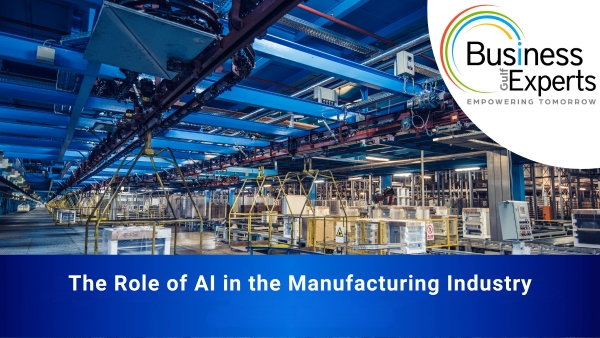The Role of AI in the Manufacturing Industry
In recent years, Artificial Intelligence (AI) has emerged as a transformative force across various industries, and manufacturing is no exception. The integration of AI into manufacturing processes is revolutionizing the way products are designed, produced, and delivered. Let’s explore some of the key ways AI is making an impact in the manufacturing sector.
1. Predictive Maintenance
One of the most significant benefits of AI in manufacturing is predictive maintenance. By analyzing data from sensors embedded in machinery, AI algorithms can predict when equipment is likely to fail. This allows manufacturers to perform maintenance proactively, reducing downtime and saving costs associated with unexpected breakdowns. Imagine a factory where machines rarely break down because issues are identified and resolved before they become critical – that’s the power of AI.
2. Quality Control
AI-powered vision systems are enhancing quality control processes by detecting defects that might be missed by the human eye. These systems use machine learning algorithms to analyze images of products and identify inconsistencies or defects with high precision. This not only ensures higher product quality but also reduces waste and rework, leading to more efficient production lines.
3. Supply Chain Optimization
AI is also playing a crucial role in optimizing supply chains. By analyzing vast amounts of data, AI can forecast demand more accurately, optimize inventory levels, and improve logistics. This leads to a more responsive and efficient supply chain, reducing lead times and ensuring that products reach customers faster. In a world where customer expectations are higher than ever, AI-driven supply chain optimization is a game-changer.
4. Robotics and Automation
The use of AI in robotics is transforming manufacturing floors. AI-powered robots can perform complex tasks with precision and adaptability, working alongside human workers to enhance productivity. These robots can learn from their environment and improve their performance over time, making them invaluable assets in modern manufacturing.
5. Product Design and Development
AI is also revolutionizing product design and development. By leveraging AI-driven simulations and generative design algorithms, manufacturers can create innovative products more quickly and efficiently. AI can analyze design parameters and suggest optimal configurations, leading to better-performing products and shorter development cycles.
6. Enhanced Decision-Making
AI provides manufacturers with valuable insights by analyzing data from various sources, including production processes, market trends, and customer feedback. These insights enable better decision-making, helping manufacturers to identify opportunities for improvement, optimize operations, and stay competitive in a rapidly evolving market.
Conclusion
The integration of AI into the manufacturing industry is not just a trend; it’s a necessity for staying competitive in today’s fast-paced world. From predictive maintenance to supply chain optimization, AI is driving efficiency, reducing costs, and enhancing product quality. As AI technology continues to evolve, its impact on manufacturing will only grow, paving the way for a smarter, more efficient future.









